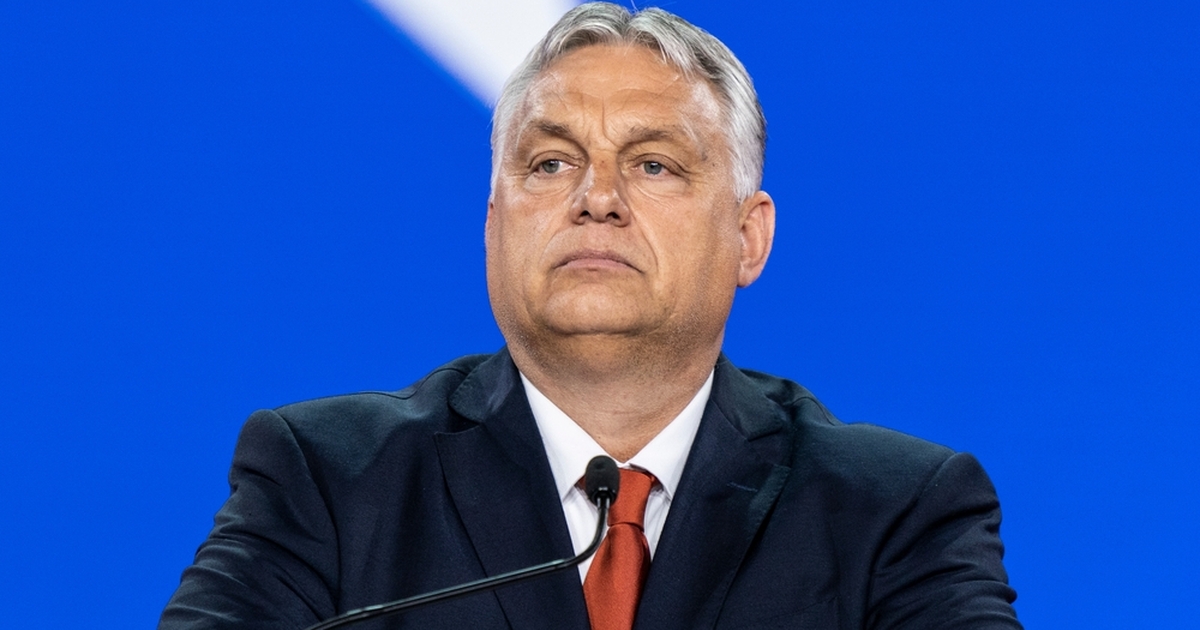Surveillance scandals aren’t new to Hungary. Over the past few years, the country has faced accusations of hacking phones, monitoring journalists, and spying on political opponents.
But now, a new report alleges that even EU officials investigating corruption haven’t been spared.
According to an investigation by Hungarian outlet Direkt36 and Belgian newspaper De Tijd, Hungary’s intelligence agency targeted representatives from the European Anti-Fraud Office (OLAF).
These officials were visiting Hungary to probe a company tied to Prime Minister Viktor Orbán’s son-in-law. The alleged incidents took place in 2015 and 2017.
The report details how Hungarian agents tracked the officials during car trips, tapped their phone calls, searched their hotel rooms, and hacked their laptops.
These methods, described as routine by the investigation, aim to extract sensitive information from visiting delegations.
…
OLAF was reportedly investigating whether the company improperly benefited from EU funds. This is not the first time the Orbán administration has been accused of interfering with oversight.
Budapest has long been criticized for undermining independent institutions and cracking down on dissent.
When asked about the allegations, Bertalan Havasi, Orbán’s press chief, dismissed them as “fake news.” He refused to elaborate further.
This isn’t Hungary’s first encounter with spyware controversies. In 2021, a Hungarian lawmaker admitted the government had purchased Pegasus spyware, software notorious for hacking the phones of journalists and activists. Earlier this year, a vocal European Parliament critic of Orbán’s government was also targeted in a cyberattack.
Critics argue that these surveillance practices reflect a broader trend in Hungary. Over the years, the government has been accused of misusing state resources to shield powerful allies and silence its opponents.
The allegations against Hungary’s intelligence agency come as relations between Budapest and the EU remain tense. For years, Hungary has been at odds with Brussels over its democratic backsliding and corruption concerns.
As of now, Hungary denies all wrongdoing. However, the claims add yet another layer of mistrust between Orbán’s administration and the European Union.


